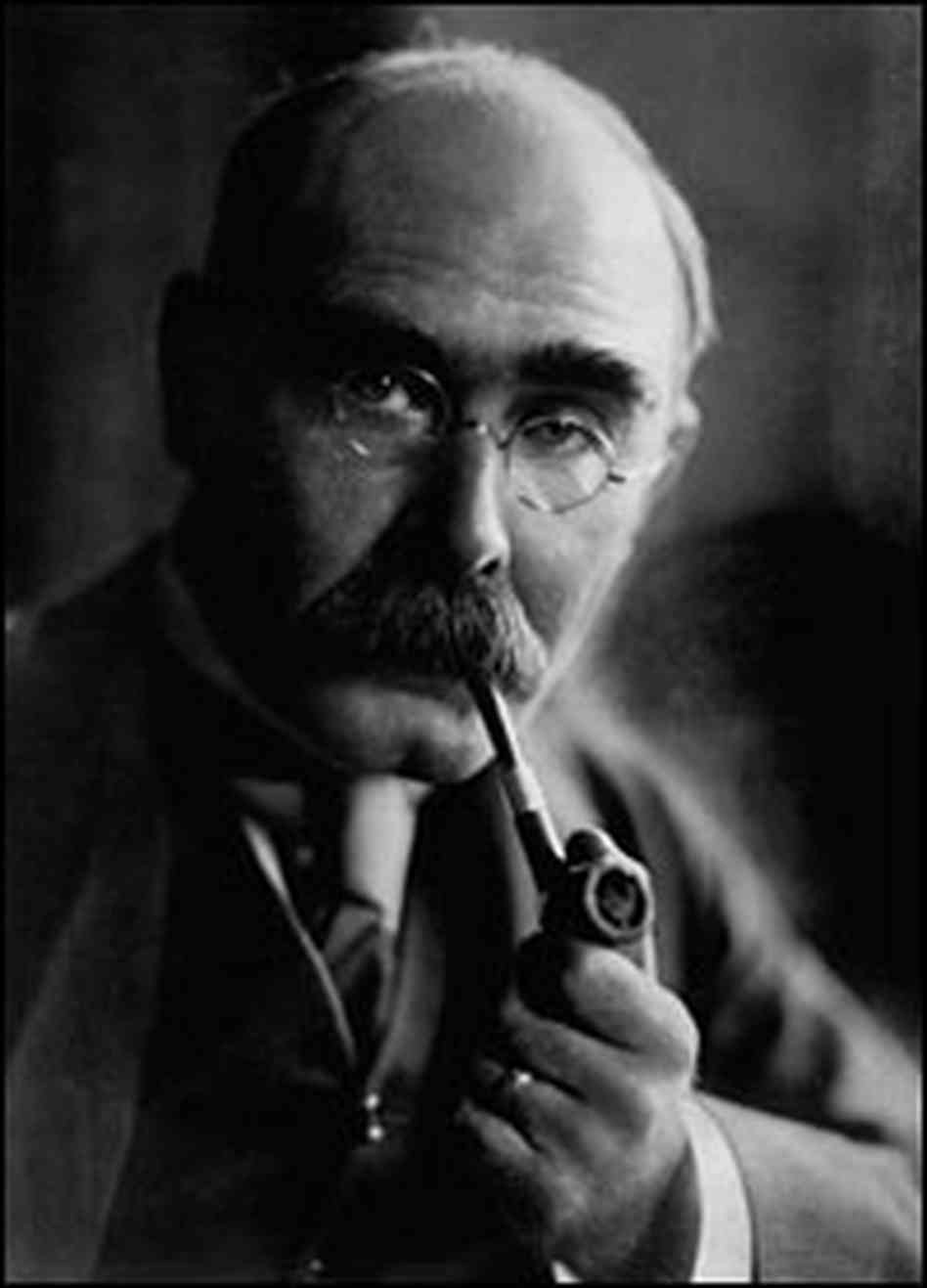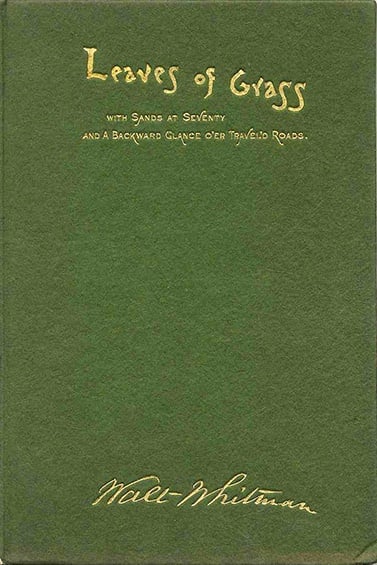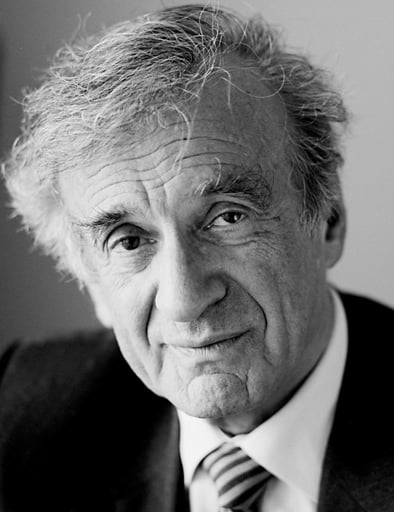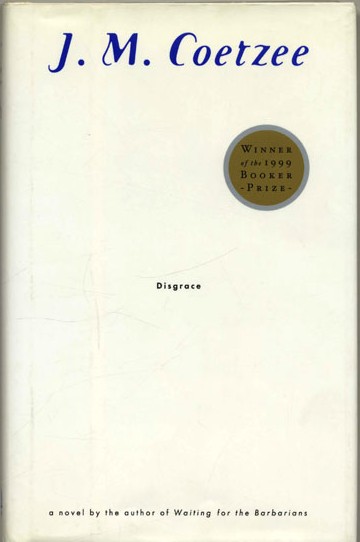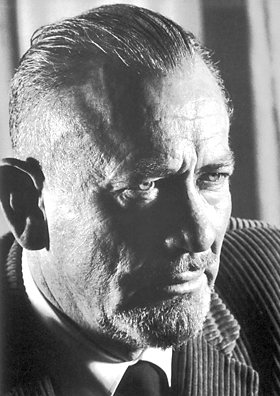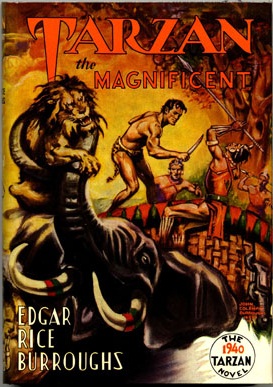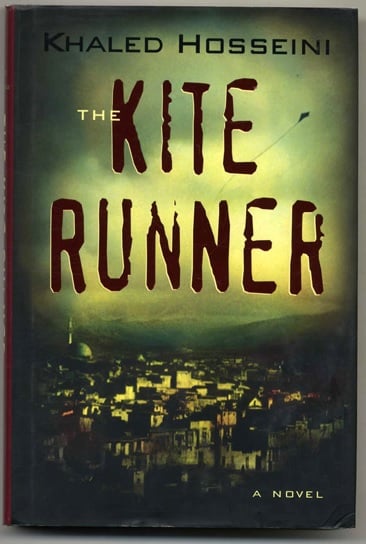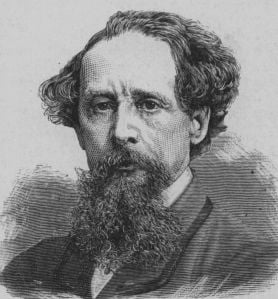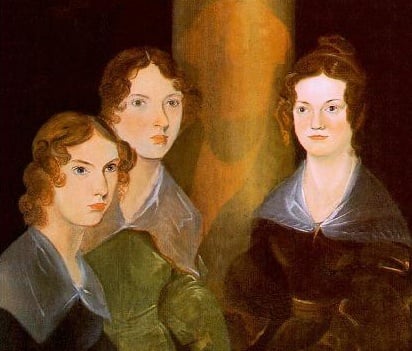If you’ve heard of Ken Kesey but don’t know a lot about his life, chances are you’ve read his novel One Flew Over the Cuckoo’s Nest (1962). Just a few years ago, the novel celebrated its 50th anniversary, more than 10 years after its author passed away. As an article* in NPR explained of the book, it “would make its author a literary celebrity, inspire a movie that won the Best Picture Oscar, and help change the way we think about mental health institutions.” The novel depicted a group of patients in an Oregon mental health hospital. The narrative arose out of Kesey’s own experiences as a nurse’s aide in a hospital psychiatric ward in Northern California.
Yet there’s a lot more to know about Kesey than simply his role in creating one of the most widely read novels of the second half of the twentieth century. Since today is the anniversary of his birthday, we wanted to provide you with some more information about the famous novelist. Read on to discover five interesting facts about Ken Kesey.
Read more...




